
(Photo by Lukas via Pexels)
By Stephen Beech
Parts of the brain are "rewired" when people learn computer programming, according to new research.
Scientists watched university students’ brains as they learned to code.
The team used functional magnetic resonance imaging (fMRI) to track the brain activity of undergraduates before and after they took an introductory course in Python, a programming language.
They found that areas involved in logical reasoning are "repurposed" during the learning process.
When students read code after the course, groups of neurons in a part of the brain responsible for logic - the fronto-parietal regions - represented the meaning of the programmes.
But even before class, when students read plain English descriptions of the coding programmes, the same neurons are already activated for the programme algorithms.

(Photo by KATRIN BOLOVTSOVA via Pexels)
The American research team explained that cultural skills - such as reading and maths - usually emerge by rewiring brain networks that function for more innate purposes.
They tested whether that may be the case when people learn computer programming.
The researchers from Johns Hopkins University in Baltimore, recorded brain activity in study volunteers with no programming experience before and after they learned how to code using Python.
A neural network in the left side of the brain that is involved in logical reasoning was active while participants read about programming algorithms before any formal instruction or skill acquisition.
Study first author Dr. Yun-Fei Liu said: “We showed the participants programming algorithms described in plain English prior to learning Python.
"You would think that the language network of the brain is important for understanding this information when it is presented this way.
"But the brain network primarily activated was the logical reasoning one.”

(Photo by Christina Morillo via Pexels)
After learning Python, he said the network continued to engage "strongly" with programming code.
The research team says their findings, published in the journal JNeurosci, suggest that human brains "repurpose" cognitive areas involved in reasoning to learn and acquire computer programming skills.
Dr. Liu said, “We haven’t looked at a correlation between learning outcomes and neural responses.
"Currently, we are examining whether logical reasoning test scores can predict how well people perform in a computer programme writing task.”
Study senior author Professor Marina Bedny said: “Many of the things we do in the modern world, our brains didn’t evolve to do, including programming, driving, reading and math.”
Bedny, a cognitive neuroscientist who studies brain plasticity and development, added: “A programming class ‘recycles’ your logic brain areas for code.

(Photo by Tima Miroshnichenko via Pexels)
"What we found is that by the time you get to college, your brain already has the neural foundations for programming.”
Dr. Liu said, “Learning to code uses the same neural machinery that we use for logical problem-solving.
"Everyone has these abilities."
The researchers say their findings suggest that all humans are equipped with the foundation needed to learn programming, which is mostly logic.
And exercising those logic muscles through puzzles, games and debates around the dinner table might prime youngsters for future programming success.
Bedney said: “Someone not familiar with coding might look at Python and feel like they’d never be able to understand it, but our study suggests all of us have the capacity to code."
She added: “We might even be born with it.”






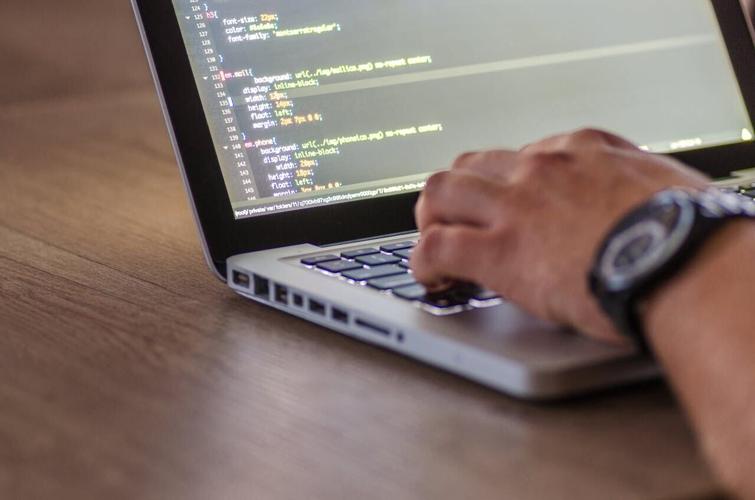
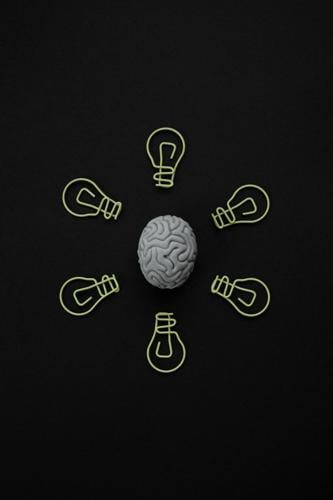
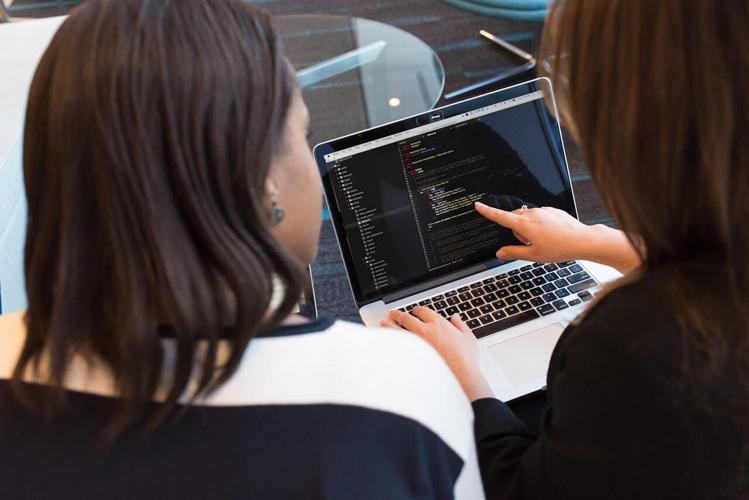
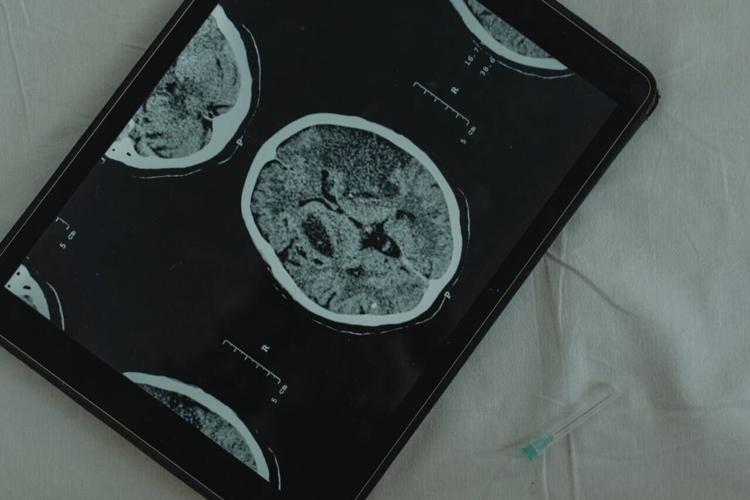








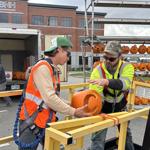



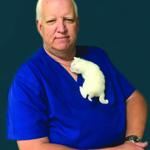

(0) comments
Welcome to the discussion.
Log In
Keep it Clean. Please avoid obscene, vulgar, lewd, racist or sexually-oriented language.
PLEASE TURN OFF YOUR CAPS LOCK.
Don't Threaten. Threats of harming another person will not be tolerated.
Be Truthful. Don't knowingly lie about anyone or anything.
Be Nice. No racism, sexism or any sort of -ism that is degrading to another person.
Be Proactive. Use the 'Report' link on each comment to let us know of abusive posts.
Share with Us. We'd love to hear eyewitness accounts, the history behind an article.